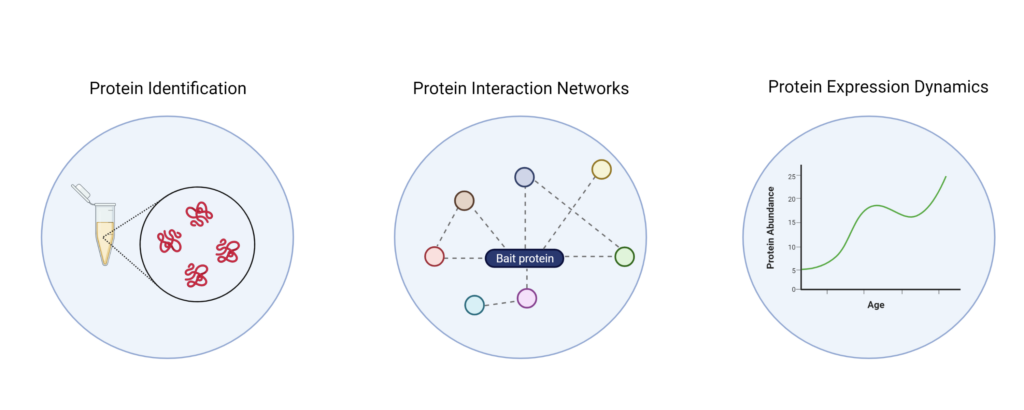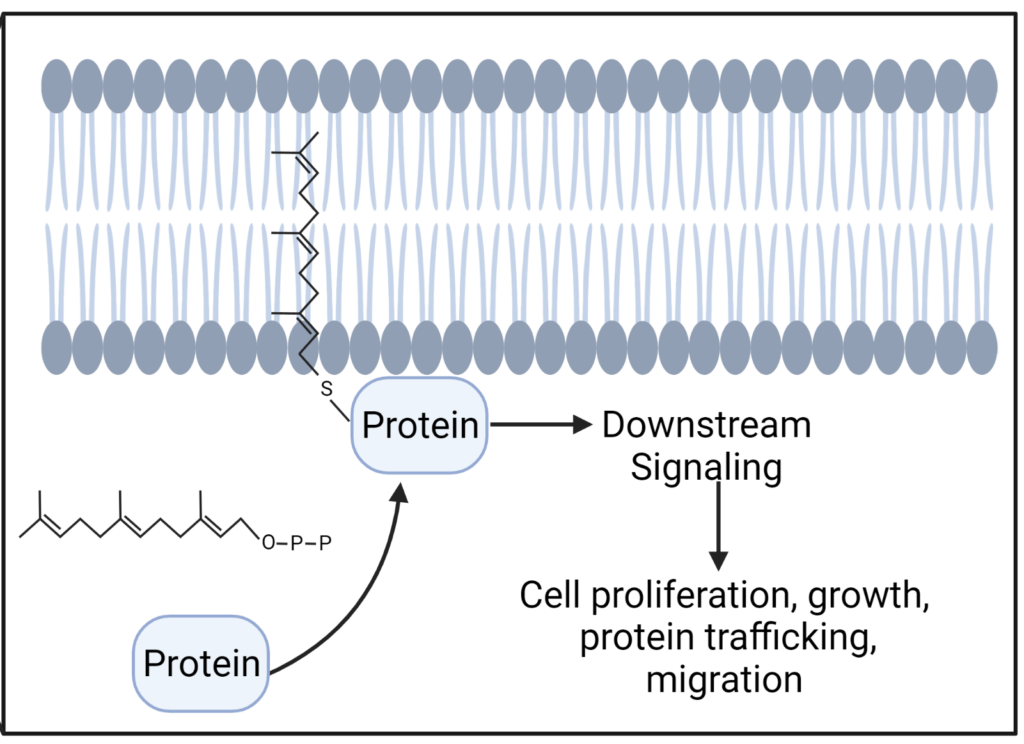Uncovering molecular mechanisms of heart development and congenital heart disease.
The overarching goal in our lab is to identify the cellular processes that are essential for cardiac development and to determine how these processes are altered in CHDs.
Leveraging quantitative proteomic technologies to investigate mechanisms of heart development.

Traditionally, our understanding of the molecular processes that govern cardiogenesis has relied heavily, if not almost exclusively, on gene expression profiling. This research has provided critical insights into the transcriptional programs that regulate heart development. However, studies across multiple species and in diverse tissue types have shown that mRNA and protein abundance does not directly correlate due to post-translational mechanisms that regulate protein translation, turnover, and degradation. Therefore, one of the primary goals of the Edwards lab is to leverage cutting-edge technologies to assess how the global protein dynamics, protein interaction networks, and post-translational processes contribute to heart development and disease.
Post-translational lipid modifications in heart development.

Protein lipidation is an essential post-translation modification (PTM) in which lipid molecules are covalently attached to proteins. This modification is found on many proteins and is necessary for protein function, localization, protein-protein interactions, intracellular trafficking, and cell signaling. Proteins can be modified with diverse types of lipids, including palmitate (palmitoylation), myristate (myristoylation), isoprenoids (prenylation), and cholesterol. Our recent study demonstrated that enzymes that regulate these diverse PTMs are dynamically expressed during cardiogenesis and regulate embryonic cardiomyocyte physiology. Our current studies are focused on delineating how these PTMs contribute to heart development, function, and congenital heart disease.
